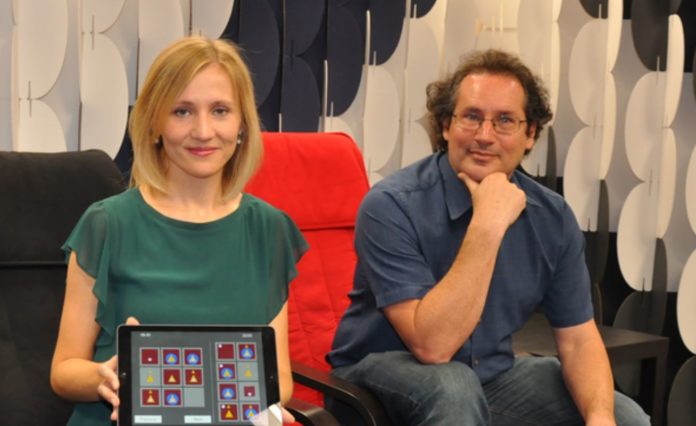If you’re good at smartphone or tablet puzzles, what does it indicate about how fast you learn new puzzles or how well you can focus in school or at work? Or, in psychological terms, can “near transfer” predict “far transfer”?
According to research published in Nature Human Behavior by psychologists at the Universities of California, Riverside and Irvine, those who exhibit near transfer are also more likely to exhibit far transfer. Near transfer refers to a person’s ability to play similar games, such as a crossword puzzle, after mastering one game, such as Wordle. Better focus in daily activities is an example of far transfer for this person.
“Some people do very well in training, such as playing a video game, but they don’t show near transfer perhaps because they are using highly specific strategies,” says first author Anja Pahor.
“For these people,” according to the author, “far transfer is unlikely. By better understanding why this type of memory training or ‘intervention’ works for some people but not others, we can move forward with a new generation of working memory training games or use approaches that are more tailored to individuals’ needs.”
Researchers did three randomized control trials with almost 500 people, and they all came to the same conclusion: a person’s ability to improve on untrained tasks, or tasks they aren’t used to (called “near transfer”), determines whether or not they can do well on an abstract reasoning task that is “far transfer.” By the same logic, if a person who runs on a treadmill in the gym is able to run faster outside (near transfer), this improvement can predict if this person would be better prepared to do other physical activities (far transfer), like cycling or playing a sport.
Working memory training is still being debated on whether and how much it improves performance on untrained tasks, such as “fluid intelligence,” which is the ability to think and reason abstractly and solve problems. Some meta-analyses demonstrate that training improves fluid intelligence in a minor but substantial way; others contend that there is no evidence that training improves fluid intelligence.
“What working memory researchers get most excited about is whether there is transfer to fluid intelligence,” adds Aaron Seitz. “What we say in our paper is simple: If you get near transfer, it is very likely that you also get far transfer.”
“But not everybody gets near transfer for a variety of reasons, such as participants disengaging during training or because that particular training is ineffective for them. These people appear not to get far transfer.”
Seitz observed that brain training games are continually being marketed to consumers.
“Some studies claim these games work; other studies claim the opposite, making it difficult to interpret the interventions,” according to him.
“Further, some of these studies have lumped together people who show near transfer with people who show no near transfer. Our paper clarifies some of this confusion.”
To learn more about these challenges, the researchers have initiated a large-scale citizen science project that will include 30,000 people in various types of brain training. Anyone over the age of 18 is welcome to sign up and learn more about the researchers’ ongoing research.
Susanne Jaeggi, a UCI professor of education and director of the UCI Working Memory and Plasticity Lab, and a collaborator on the study, emphasized that firms’ claims that their games increase essential cognitive skills should be scrutinized carefully.
“Almost everyone has access to an app or plays a game on a computer and it is easy to get seduced by the claims of some companies,” she says.
“If we can understand how and for whom brain training apps work, we can improve them to get more out of them than just fun. Such improved apps would be especially meaningful for older adults and certain patient groups.”
Image Credit: Getty
You were reading: Brain Training: New Study Says “near Transfer” Predicts “far Transfer”
